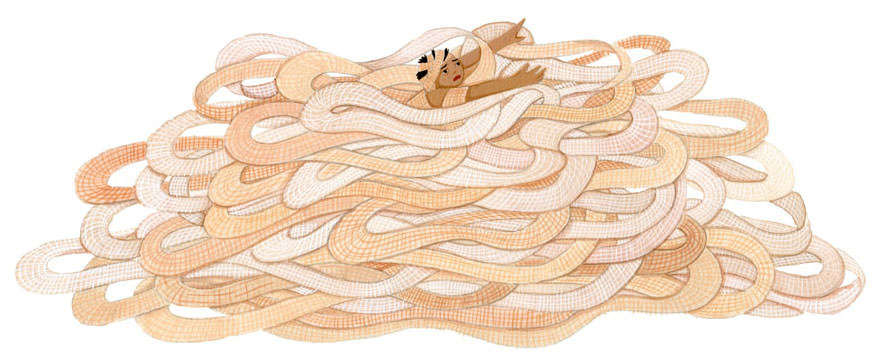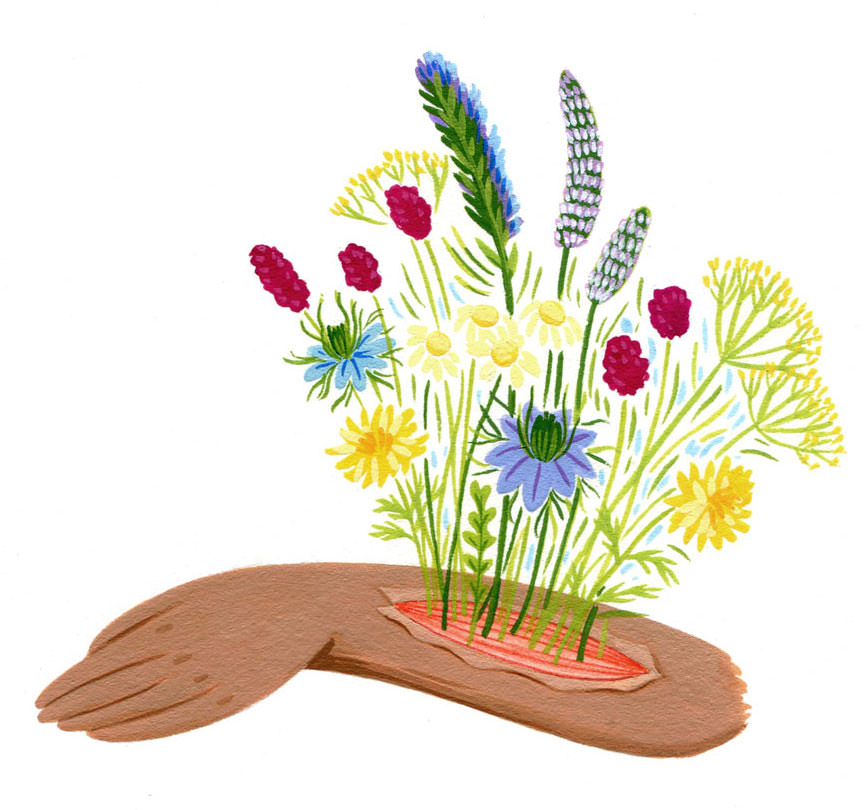
“Not all Asians came to America in search of milk and honey. My family came here because we had to.”
Too often when we consider immigration patterns to America, the narrative painted is a search for better economic opportunities, the pursuit of an American Dream laden with success and the promises of a better life — as long as one works hard enough to earn the necessary degrees and skills to find security and wealth.
This account, though, fails to highlight the struggles and realities of many immigrants in our nation, particularly those of the Southeast Asian immigrant experience — difficulties of making a living and raising a family, while recovering from intense violence and trauma, and adjusting to a new language and culture. These immigrants were not moving to start a new life in a new country for financial promise but, rather, in pursuit of a life removed from warfare, violence, and persecution.
A safer life was all they longed for.

Ken Kong, a Cambodian American, the director of the Southeast Asian Ministries division of The Navigators and the Southeast Asian Catalyst (SEAC), identifies greatly with this Southeast Asian experience — trying to survive in America while navigating a new homeland, overcoming language and cultural barriers, and understanding God’s purpose in his own suffering. Throughout his 32 years in America, Ken has repeatedly questioned, “Why did I survive and not others? Why did my brothers die? Of all of my childhood friends, why did I make it? Why, God, why?”
Ken is not alone.
According to the 2010 U.S. Census, there are more than 2.1 million Cambodian, Hmong, Laotian, and Vietnamese people living in America. Though they no longer live in their homelands and are thousands of miles away from the battlegrounds that haunt them and their memories, these refugees and their children carry with them immense mental, emotional, and spiritual scars wherever they go.
Day by day, these peoples are trying to make sense of the suffering their families endured, coping and managing their memories and trauma, and attempting to have semi-functional (read: non-dysfunctional) lives in America, while forgetting what happened.
But it’s not easy.
Because the scars on their hearts — from leaving behind family and friends in their homelands, from witnessing horrific and degrading acts of violence, and from consistently experiencing death and loss for years — are scars that do not suddenly disappear. And, as their lives have become more stable and secure in America, as they have found refuge away from the warfare, the pain and grief from which these Southeast Asian refugees have fled resurfaces, as much as they try to ignore it.
Day by day, Cambodian mothers simultaneously work full-time jobs, cook, and clean for their households, and ensure that their aging parents are taken care of, while they are plagued by memories of leaving behind extended family in order to keep their immediate family intact. Flashbacks of their mothers, sisters, and daughters being sexually assaulted at the hands of pirates or military officers are not uncommon either. These women labor relentlessly to keep going and to take care of their children, but at times they find themselves paralyzed because of the weight of the trauma they carry.

In order to escape what they’ve seen and experienced, in order to forget the memories of witnessing their brothers’ executions, being beaten and imprisoned, and feeling abandoned by their fathers who left to fight in the war, Vietnamese men turn to vices such as alcohol, cigarettes, or gambling to dull their pain. Sometimes they become so dependent on these substances and activities that they struggle to faithfully fulfill the duties of their blue-collar jobs and still cannot provide for their families. (That is — if these fathers are still around.)
A significant portion of Southeast Asian populations are living in the reality of fatherlessness, having had massive numbers of their men executed or dead as casualties of war. According to the Cambodian Genocide Program, from 1975 to 1979, an estimated 1.7 million Cambodians were systematically killed at the hands of the Khmer Rogue, under the leadership of Pol Pot, during an extremist-fueled ethnic cleansing. Estimates from other sources suggest that as many as 3 million Cambodians lost their lives as a result of the Cambodian genocide. All in all, the adult Cambodian population was decimated.
Soon enough, these little boys who grew up during the war became men. They must now act as fathers and raise up children, having had little framework to know what a “normal”, stable childhood entails — or how responsible, caring fathers act.
This is what life is like for many Southeast Asian immigrants of America. This is what they encounter and endure every day. These are the scars they bear wherever they go, as they fight to survive, to raise a family, and to succeed in America. These are the scars of family separation, sexual assault, and trauma. Addictions, fatherlessness, and despair abound.
This is why Ken Kong seeks to proclaim the gospel to Southeast Asians and why he longs to see revival in their communities.
He knows the pain all too well.
At the young age of three, Ken fled with his parents from Cambodia as refugees. En route, Ken remembers seeing corpses, detonated landmines, and robbers. Even though they had reached the refugee camp in Thailand (the first of two at which they stayed), Ken and his family had to wait a few days until they were admitted to the camp. During this time, Ken and his family had to hide out, fend for themselves in the jungle, and avoid landmines, as well as the Khmer Rogue.
Ken also remembers living in another refugee camp in Thailand and spending six months at the Philippine Processing Center, before finally moving to America. During these stints in the two camps and the processing center, one of Ken’s darkest memories is that of his baby brother dying in a refugee camp, his family and his own heart torn apart in that instant, as even more pain and grief was inflicted upon them.
Of his few childhood friends, Ken is the only one not to have been incarcerated, admitted into a rehab center, or underwent mental health issues — though Ken did suffer from Posttraumatic Stress Disorder (PTSD) in his 20s.
It was because of the PTSD that Ken began to unpack his personal journey as a Cambodian refugee, of his family story and narrative. As Ken delved deeper into his personal experiences, reflected back upon them, and consulted others, he realized how his nightmares and visions were triggered in his day-to-day interactions with others, as he more fully understood the scars they carried and the daily struggles they faced in trying to find healing and make a new life in America — he was building a deeper bond with the people he serves.
This connection with the Southeast Asian experience led Ken to be more impassioned in his bi-vocational ministry, more inspired to do the work he does, so much so that Ken eventually moved into full-time ministry. To this day, Ken actively seeks to disciple youth and church leaders, aiding in bringing the Lord’s healing to Southeast Asian communities.
Recently, a young man whom Ken has been investing in told him that he finally realized how he was deeply brokenhearted and longing for love, as a result of his father abandoning him and his family — and how this young man wanted to seek after Jesus as his Savior in the midst of such hopelessness. Another young man shared his heart with Ken and said that, after trying to run away from God and his family history for so many years, addressing his family issues head on and seeking God in turn has brought him the most freedom and healing he has ever experienced in his life.
As Ken invests in youth and Southeast Asian communities, he finds more and more evidence of how God is at work and healing the brokenhearted.
Why is there suffering? Why did Ken survive? Why, God, why? Ken may never know.
But God reminds Ken to put the Kingdom of God first wherever he goes, in whatever he does. In doing so, Ken finds healing and purpose. He sees that God is able to use the grief-filled, damaging past that Ken endured. Ken doesn’t know why he and his family underwent the trials they did, but he fully believes and sees every day the ways in which God has used his life, story, and whole being to bring peace and healing to others. To break chains and free people from the fears, memories, and demons that once plagued them.

Alice Young studied illustration at Art Center College of Design and philosophy of religion at Talbot Theological Seminary. She is an illustrator based in Los Angeles. Learn more about her work at alicesyoung.com.